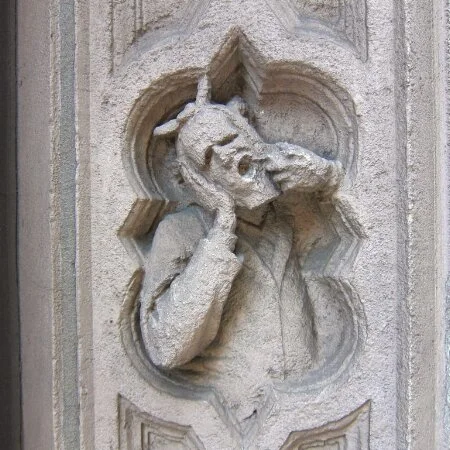Toothache?
What are the main causes of dental pain?
Tooth pain is almost as old as teeth!
The reasons teeth hurt are varied. The most common reason, as you probably guessed, is decay (known as dental caries). The problem with caries is that it sometimes be undetectable; it can be between the teeth or in the part of the tooth covered by the gums, so as it appears to that the tooth is very sound, while the decay is actually spreading.
The second most common cause is periodontal disease, which is a problem with the tissues surrounding the tooth, the gums, and the bone. This can be detected if the patient has pain on biting, or if the tooth is mobile.
Another important cause of tooth pain is when a tooth breaks or fractures. Fractures can range from a small undetectable crack (which can drive a patient crazy, especially because they can’t see it), to a substantial part of the tooth that is broken off. This can be caused by biting down on hard objects, or tapping or grinding your teeth together.
Why does a toothache hurt so much?
The way that a tooth feels pain is extraordinary. The nerve of the tooth (called the pulp) is a complex array full of blood vessels and tiny nerve endings, and is surrounded in all directions with the very hard tooth material called the dentine, which has no give and cannot stretch whatsoever. When a tiny bacteria reaches the pulp, it becomes inflamed, and as you know, anything that gets inflamed swells. So when the pulp swells, there is no way for it to go, and the patient gets the feeling that the tooth is going to burst.
Another problem is that multiple teeth are supplied by the same nerve, in fact the entire lower jaw (teeth, bone and gums) are supplied by only two nerves, one on each side. That is why when a patient has a toothache, they cannot pinpoint its origin. Studies have shown that the pain of pulpitis (which means inflamed pulp) is actually the second most severe pain that a human can feel from a disease, second only to renal colic.
What should a patient do when they feel a toothache?
A patient should immediately seek the help and consultation of a dentist. Perhaps the most important aspect of treating a toothache is rapid diagnosis, and identifying the actual cause of the pain. A dentist has the tools and knowledge to see what a patient can’t see, and therefore locate the source of the problem and begin working on the treatment.
What will happen if the patient waits?
Puppies to help you feel better fast! Their names are Call, Your, and Dentist.
Waiting for the toothache to go away by itself is the same as waiting for the baby to deliver itself. Some people may be reluctant to go to the dentist when they are in pain thinking that the dentist will hurt them, but toothache will most definitely become worse if a patient waits. Eventually the patient can suffer the agonizing pain of the inflamed tooth which may well be unrestorable and the tooth will need to be extracted.
Dentists are very well trained and very skilled in pain control – and can control the pain whether the tooth has a chip, a break, or is inflamed or infected.
If you need a gentle, caring dental team, please call Jennifer Fineberg’s office at (623) 362-2550. We’ll give you the very best dental care we can!

